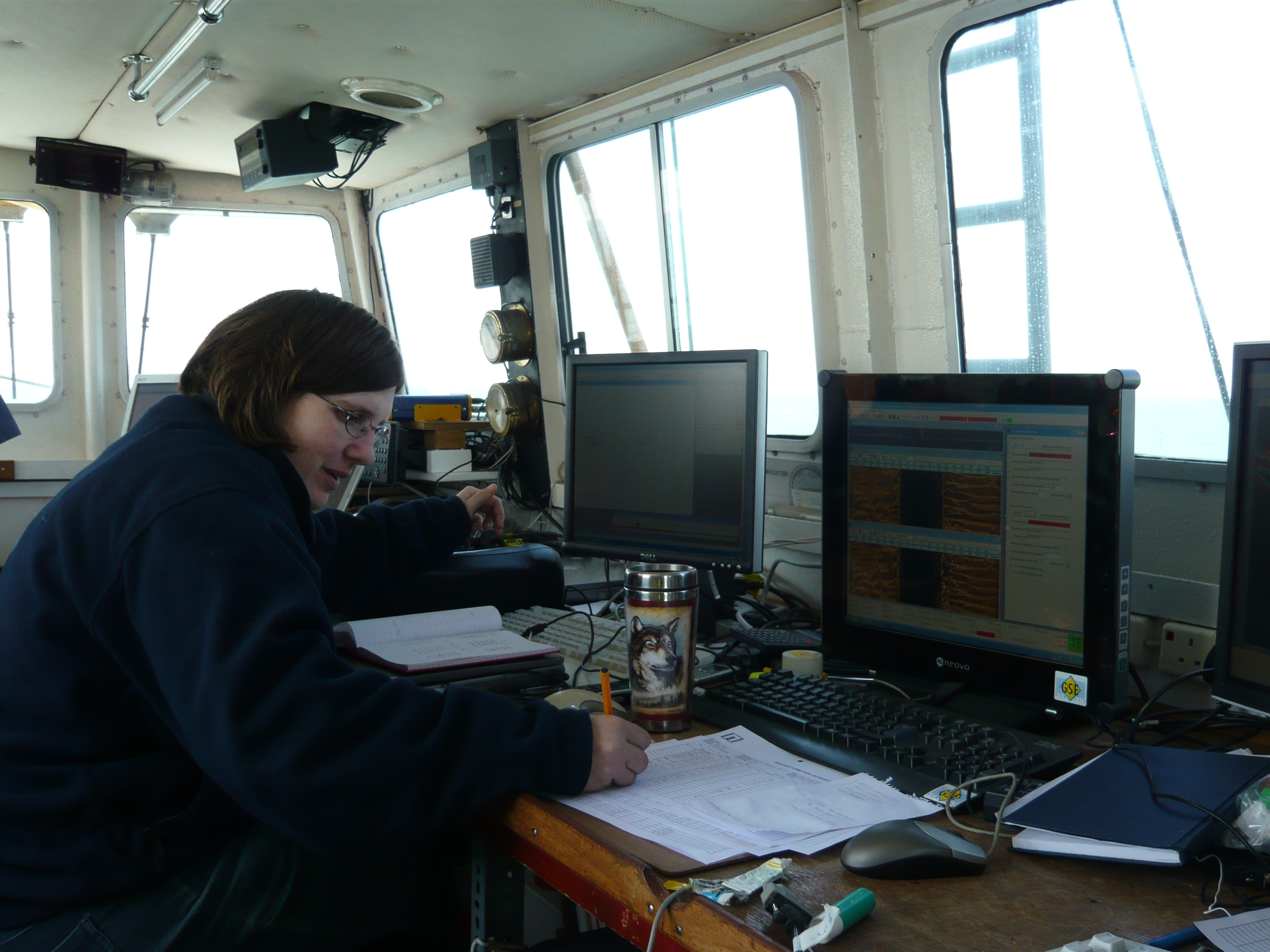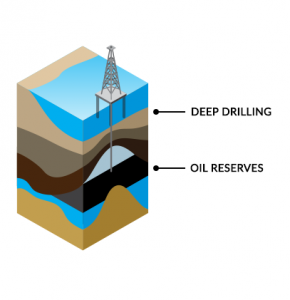All Categories
Featured
Table of Contents
Geophysical Survey Services - Geophysical Test Methods in Girrawheen Western Australia 2020
This work is significantly contracted out, so consultancies offer another source of employment. Consultancy companies vary in size, from really small business to large multinationals. Some consultancies are rather specialised in using specific geophysical techniques or working in specific areas, while others provide a more varied variety of services to their consumers.
The extraction of gas from garbage dump sites is another location of work and this might grow in the future. Exploration business might carry out work for building and construction companies, water companies, mining companies and environmental companies, so geophysicists may be employed in any of these settings. Other companies consist of: geological surveysgovernment bodies and agenciesuniversities and research institutes.


Jobs might be noted in the oil and gas sector press. Recruitment is impacted by oil price changes and the level of competition for positions differs depending upon this. Professions Days, which cover the full variety of geoscience careers and are typically gone to by a number of key industry companies, are run by The Geological Society.
Gravity Geophysical Survey Method in Manning Aus 2022
A few of the large oil and gas business offer a complete two-year structured training programme throughout the breadth of geophysics, including the chance to experience operate in numerous teams prior to specialising in one location. Your training may include work on: existing wellsmagnetic and gravitational possible field data analysisresearchrock analysis. However, it's more typical for your preliminary training to be offered on the job.

There may be a probationary duration during which you work together with an experienced colleague. Competency-based appraisals happen routinely in the majority of companies. In smaller firms, and for academic posts, there is unlikely to be any official training - you'll be expected to start work straightaway and get abilities as you go along.
If you work for a smaller sized company, you may find that you need to take obligation for arranging and moneying your own development and training. If you have a geology degree, membership of The Geological Society can be helpful for networking and for keeping up to date with the market.
Geophysical Prospecting in Lynwood Oz 2023
You might also discover it helpful to sign up with the PESGB (The Petroleum Exploration Society of Great Britain, which has a geophysics special interest group. After a probationary period, and as soon as you've acquired some experience, you might progress to senior geophysicist, then team leader and then into a senior function in management.
The ease of movement between functions depends on the business structure. Research study at Masters or Ph, D level in a subject related to geophysics or geosciences may aid with your career development and development. The work market within the oil and gas market is really based on price and this may impact your opportunities for profession progression.
Not all jobs are reliant on the oil and gas industries. For experienced geophysicists, freelance consultancy provides a good path for career advancement. You can likewise specialise in a particular location of geophysics. As a geophysicist, you're most likely to have several jobs throughout your working life. Global movement is important for handling peaks and troughs in various nations at various times.
What Are Geological, Geochemical, in South Guildford Oz 2020
From geophysics, it's possible to focus on seismology (finishing further training to become a seismic interpreter) or to move into related areas such as engineering geology or threat forecast.
Deciding what to study in college is a difficult option. Even if you understand that your field of interest lies in science, what program of research study is ideal for you?
The first action to attaining your goal of becoming a geophysicist is earning a degree. Even for entry-level positions in the field of geoscience, you'll need a bachelor's degree (a geophysicist college degree) from a certified college or university. Some research positions need candidates to hold master's degrees or perhaps Ph.
Geologists And Geophysicists in Carmel WA 2023
Doctoral degrees are particularly crucial if you prepare to teach at a four-year institution. Geophysicists apply physics ideas and methods to study the gravitational, magnetic, and electrical fields of the earth. This furthers scientists' knowledge of both the world's interior core and its surface. Geophysicists should have the ability to: analyze rocks, pictures, and other pieces of information perform research study both in the field and in laboratories produce maps and charts of their findings compose reports To accomplish all this, students need a specialized education for geophysicist careers.
As mentioned above, you'll require a bachelor's degree in geoscience or a related discipline, such as a physical science or a natural science, to land an entry-level task. However trainees can also prepare by learning subjects like: Biology Chemistry Computer technology Engineering Mathematics Physics The above geophysicist majors offer a more generalized approach to a single scientific discipline, however a lot of programs need students to take one or more geology course.
Latest Posts
Geophysical Exploration in Hocking Australia 2022
5 Surface Geophysics in Sorrento WA 2021
Consumer Guide To Geological And Geophysical Services ... in Safety Bay Western Australia 2020